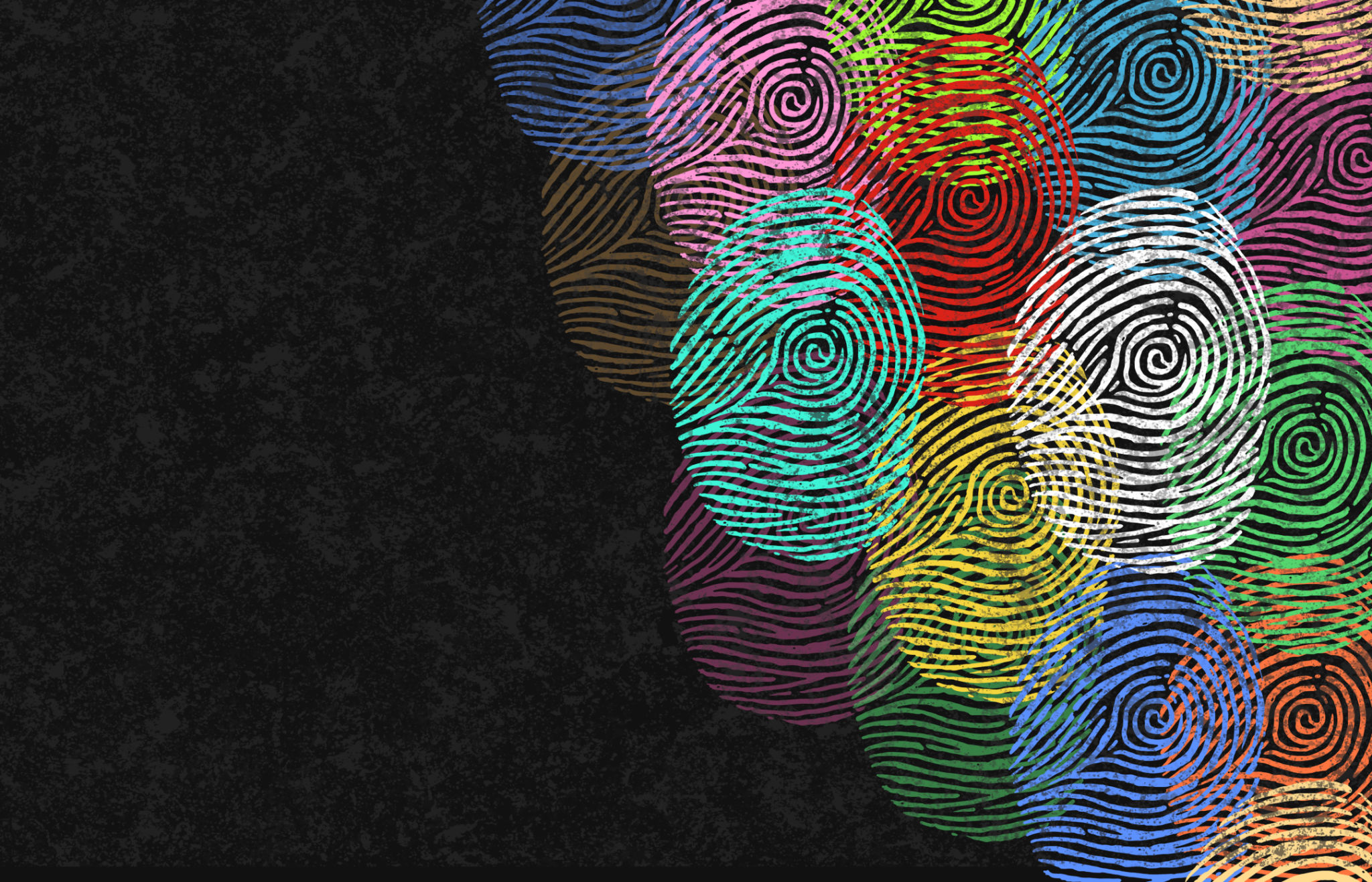Exploring the Latest Trends in Life Coaching
Understanding the Evolution of Life Coaching
Life coaching has experienced significant transformation over the past decade. As society shifts towards a more holistic understanding of personal development, life coaching has evolved to cover various aspects of well-being, including mental health, career advancement, and personal growth. The industry is no longer just about setting goals; it's about creating a balanced life. This evolution has given rise to several new trends that are shaping the future of life coaching.

Embracing Technology in Life Coaching
One of the most significant trends in life coaching today is the integration of technology. With the advent of digital communication platforms, coaches can now reach clients across the globe without geographical limitations. Video conferencing tools, online courses, and apps have made it easier for clients to access coaching services from the comfort of their homes. The use of AI and chatbots is also gaining traction, providing clients with round-the-clock support.
Moreover, technology has enabled coaches to use data analytics to track progress and tailor their strategies more effectively. This data-driven approach allows for a more personalized coaching experience, enhancing client satisfaction and outcomes.
The Rise of Niche Coaching
Another emerging trend is the rise of niche coaching. As the demand for specialized guidance grows, coaches are increasingly focusing on specific areas such as health and wellness, relationship coaching, financial coaching, and even spiritual guidance. This specialization allows coaches to offer more targeted advice and solutions, catering to clients' unique needs and challenges.
Niche coaching not only benefits clients but also helps coaches differentiate themselves in a competitive market. By developing expertise in a particular area, coaches can build a strong reputation and attract a dedicated client base.

Focus on Holistic Well-being
Today's life coaching is moving beyond mere goal-setting to encompass a broader view of holistic well-being. Coaches are increasingly incorporating mindfulness practices, meditation, and emotional intelligence into their sessions. This trend reflects a growing recognition of the interconnectedness between mental health, emotional wellness, and personal success.
By addressing these aspects, coaches help clients achieve a more balanced and fulfilling life. This holistic approach not only leads to better outcomes but also fosters long-term personal growth and resilience.
Inclusivity and Diversity in Life Coaching
Diversity and inclusivity have become key components in life coaching. Coaches are now more aware of the diverse backgrounds and experiences of their clients, tailoring their approaches to accommodate different cultural perspectives. This trend underscores the importance of understanding each client's unique context and promoting an inclusive environment where everyone feels valued and understood.
Coaches are also engaging in continuous learning to increase their cultural competence, ensuring that they can effectively support clients from all walks of life. This commitment to inclusivity enriches the coaching experience and broadens its impact.

The Future of Life Coaching
The life coaching industry is poised for continued growth and innovation. As more individuals seek guidance to navigate the complexities of modern life, coaches will need to stay abreast of these trends to remain relevant. By embracing technology, specialization, holistic practices, and inclusivity, life coaches can continue to empower individuals to lead fulfilling lives.
The future of life coaching is bright, with endless possibilities for those willing to adapt and evolve. As coaches continue to refine their practices and explore new methodologies, clients will benefit from a richer, more comprehensive approach to personal development.